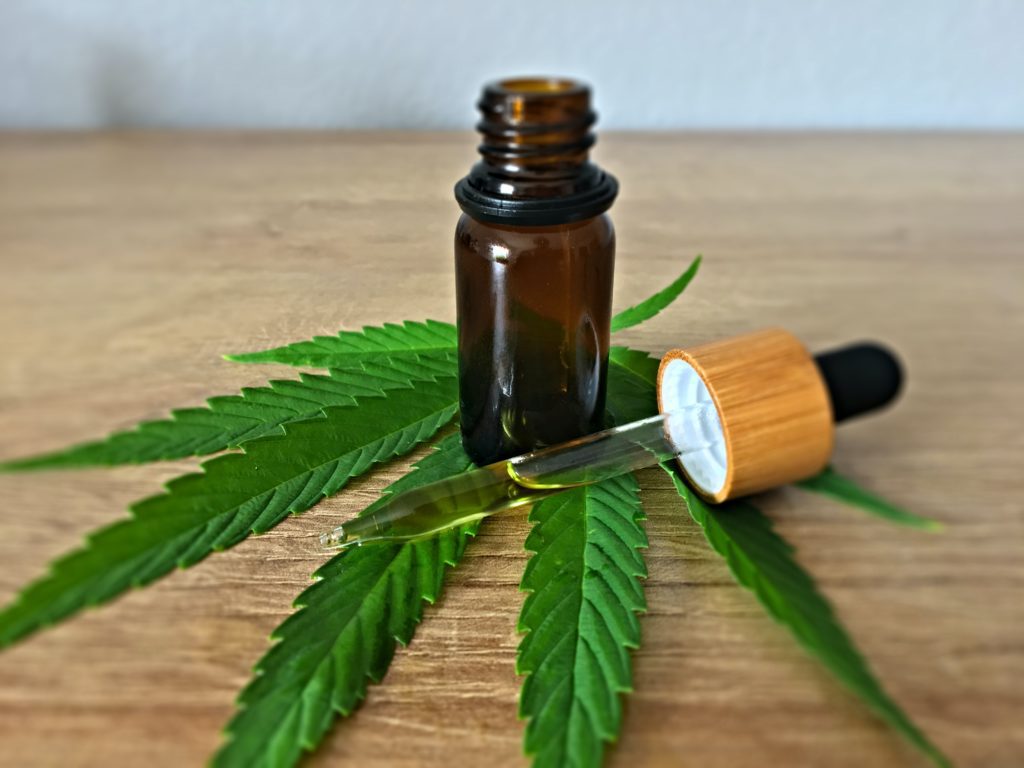How People Are Using Cannabis to Reduce Opioid Dependence
Since the 1980s, both the cannabis community and some substance abuse researchers have speculated that medical marijuana can effectively treat opioid dependence. Because cannabis is a proven analgesic and anti-inflammatory, it can combat many of the symptoms associated with withdrawal from opioid drugs and also help with the chronic pain that leads many to use opioids in the first place.
A new option is desperately needed — the opioid crisis in the United States is being called the worst drug epidemic in American history. The U.S. Centers for Disease Control and Prevention recently published data showing that more than 100,000 people died from drug overdoses in the United States during one year ending April 2021. The driving factor behind these alarming statistics are substances like heroin and fentanyl, synthetic opioids.
The study of cannabis as an addiction treatment is a relatively new field of research. Older studies focused on cannabis to manage symptoms related to withdrawal from opioids and other substances, while more recent research is investigating whether medical marijuana can reduce a person’s dependence on these drugs.
Addiction Treatment With Cannabis
In recent years, a small but growing body of research has emerged to support the idea that cannabis could treat opioid dependence. In the article “Emerging Evidence for Cannabis’ Role in Opioid Use Disorder,” by Beth Wiese and Adrianne R. Wilson-Poe, the authors review several studies related to cannabis and opioid use disorder. In one experiment, one-half of a group of rats was given an injection of Delta-9 THC (chemically processed cannabis) one hour before they were also given an injection of morphine, an opioid. The other half received methadone, the usual treatment for opioid addiction, along with morphine. The rats were then observed for opioid dependency. The study found that abstinence scores were slightly lower among those who received Delta-9 THC one hour before testing. The Delta-9 group also had fewer shakes and gastrointestinal disturbances than the methadone group.
A 2017 article published in the Harm Reduction Journal looked at the positive impact of cannabis use in the opioid crisis. The researchers pointed to the mounting evidence that cannabis as a safe pain management therapy can assist with two essential conditions related to opioid overdose: tolerance to opioids and withdrawal symptoms caused by abrupt discontinuation of opiate-based medications.
In states that have legalized marijuana medically and recreationally, officials have seen a 25 percent reduction in opioid addiction and abuse. Opioid prescriptions also declined in states with legal, medical marijuana by an average of seven percent. One study found that 79 percent of participants reduced their opioid dosage or completely stopped taking opioids within six months, with 62 percent stating they entirely replaced their previously prescribed opiates with cannabis.
Unfortunately, blinded clinical trials evaluating the efficacy of cannabis for opioid withdrawal are few and far between. This is not entirely surprising as cannabis is still considered a street drug in many countries, which limits researchers’ ability to fund investigations into its potential.
Cannabis and Opiate Addiction
Despite limited research, there is hope for the idea that cannabis could eventually become a legitimate harm reduction therapy. Pennsylvania’s Medical Marijuana Advisory Board, formed in 2018, has pushed through legislation that allows those with addiction issues to quality cannabis treatments. Although the policy is just getting started, it will enable physicians to prescribe medical cannabis for people with opioid use disorder. The treatment is most often used for anxiety related to withdrawal and cravings for opioids.
-

Photo by CBD Infos on Unsplash
In an article titled “The impact of naturalistic cannabis use on self-reported opioid withdrawal,” researchers documented that more than fifty percent of a group of opioid users who used cannabis to treat withdrawal symptoms found that cannabis was helpful with anxiety and tremors related to opioid withdrawal. However, the information was gathered in a qualitative, holistic manner and was largely anecdotal.
The recent legalization of cannabis across many states has opened up new doors but also created challenges when looking at treatment options. Opioid use disorder is a complicated issue with many factors to consider when it comes to treatment and addiction itself can make patients hesitant about cannabis as an opioid replacement. Opioid users may also see cannabis as a possible gateway drug that could lead them back into addiction. And, in some cases, experiments into cannabis as an opioid addiction therapy have mixed results.
Dronabinol, for example, is an FDA-approved analog of THC that has been evaluated for opioid withdrawal relief in a placebo-controlled study. Low doses improved the tolerability to symptoms such as insomnia and reduced appetite while also leading to increased energy levels during detoxification from opioids; However, adverse events like a racing heart were reported at higher doses when coadministered with these medications.
Researchers, counselors, and doctors sometimes stress that the substitution effect — the concept of replacing one substance for another — is at play when cannabis is used to minimize addiction side effects.

Opioid Addiction and Cannabis Today
There are numerous clinical trials underway to investigate cannabis use for treating opioid addiction and reducing withdrawal symptoms. We can continue to apply existing studies to the expanding horizon of addiction treatment.
Legalized cannabis use is associated with decreased use of opioids and other non-opioid drugs such as alcohol, tobacco, and cocaine, as well as fewer side effects from the use of these substances. For example, a 2017 article published in the International Journal of Drug Policy titled “What can we learn from the Portuguese decriminalization of illicit drugs?” discusses a 2001 drug policy reform measure passed in Portugal that decriminalized all drugs (not just cannabis) and led to a significant reduction in opioid-related deaths and disease.
One thing is sure — one of the most pressing health care crises in America is opioid addiction. Research has been slow, but some studies show promise that cannabis may reduce withdrawal symptoms and dependence on opioids while also reducing cravings. If you’d like to learn more, schedule an appointment with Compassionate Clinics of America to evaluate medical cannabis as a replacement to opioids.
References
https://link.springer.com/article/10.1186/s12954-017-0183-9
https://www.cnn.com/2021/11/17/health/drug-overdose-deaths-record-high/index.html
https://www.bccsu.ca/cannabis-science-professorship/
https://www.spotlightpa.org/news/2021/08/pa-opioid-addiction-medical-marijuana-research/
https://pubmed.ncbi.nlm.nih.gov/1241452/
https://www.liebertpub.com/doi/full/10.1089/can.2018.0022
https://drugabuse.com/blog/legalizing-marijuana-decreases-fatal-opiate-overdoses/
https://www.ncbi.nlm.nih.gov/pmc/articles/PMC7370931/
https://academic.oup.com/bjc/article-abstract/50/6/999/404023























